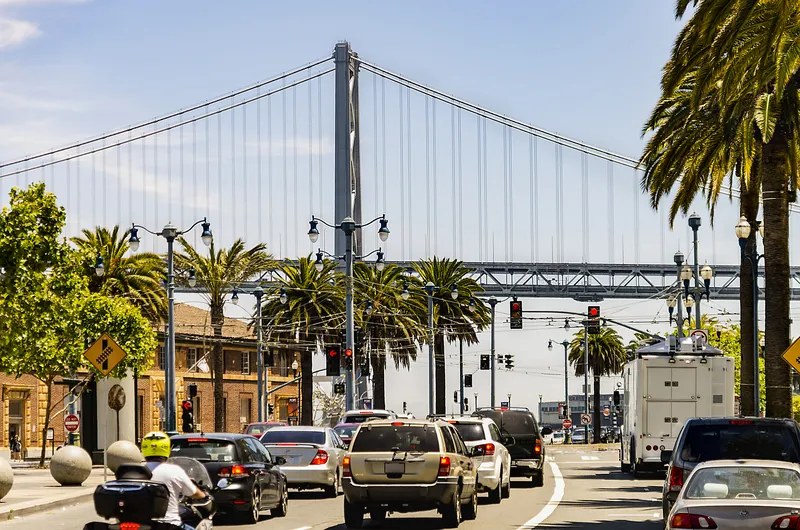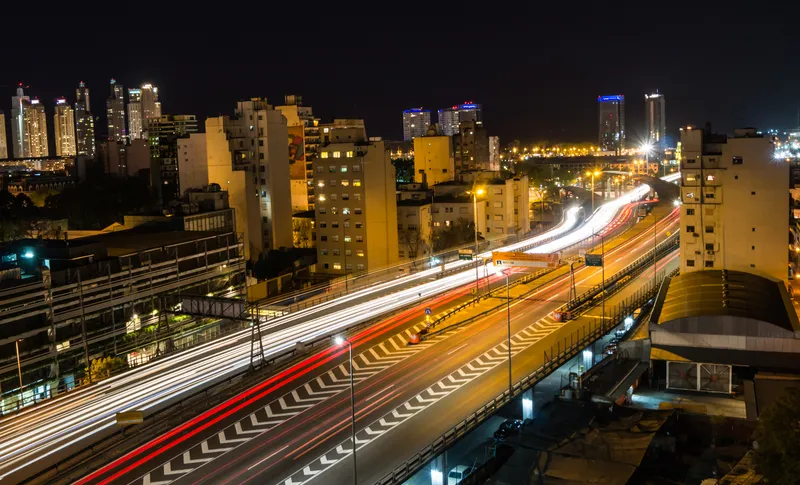
Iteris has been awarded a $6.9 million contract for two operations centres by the San Francisco Metropolitan Transportation Commission (MTC) in California.
Under the three-year agreement, Iteris is to provide staffing and management services to the 511 operations centre in Oakland, which collects and disseminates traffic and transit information for the San Francisco Bay Area region.
It is communicated through the 511 SF traveller information system - the 511 phone system and transit data system have been managed by Iteris since 2015.
Additionally, Iteris will provide the same services to the regional operations centre in San Francisco, to monitor traffic and toll collection systems along the MTC-operated Express Lanes.
The company says the services will help improve mobility through congestion management and coordinated incident response.
Ramin Massoumi, general manager, transportation systems at Iteris, says: “We are committed to ensuring that the San Francisco Bay Area’s travellers and public transit riders, as well as emergency responders, have access to accurate, real-time travel information to improve safety and efficiency throughout the region.”
In a separate move, Iteris has been chosen by the Orange County Transportation Authority in California to carry out a $4.7m traffic signal synchronisation project.
As part of the three-year deal, Iteris is to provide services that will upgrade traffic signal electronics and communications equipment.
The company will also optimise signal timing along Katella Avenue, an east-west corridor that comprises key signalised intersections spanning the cities of Anaheim, Orange, Garden Grove, Villa Park, Cypress, Los Alamitos, Stanton and County of Orange.
Iteris says it will deploy new ITS equipment and communications infrastructure to help manage the cities' transportation network, implement optimised coordination timing plans to improve traffic flow and enhance safety for vehicles, buses, bicycles and pedestrians.
The company's Intersection as a Service (IaaS) solution will monitor traffic signal operations at all project intersections.
IaaS is part of ClearMobility, a solution which Iteris insists can continuously monitor, visualise and optimise mobility infrastructure. It applies cloud computing, artificial intelligence, advanced sensors and advisory services to help improve road safety.
Scott Carlson, assistant general manager, transportation systems at Iteris, says the initiative will “ultimately help to increase the value and effectiveness of the region’s existing transportation infrastructure, while also improving air quality and reducing fuel consumption”.
In January, Iteris was awarded a $3.6 million contract to perform the same services across Orange County's Main Street corridor.








